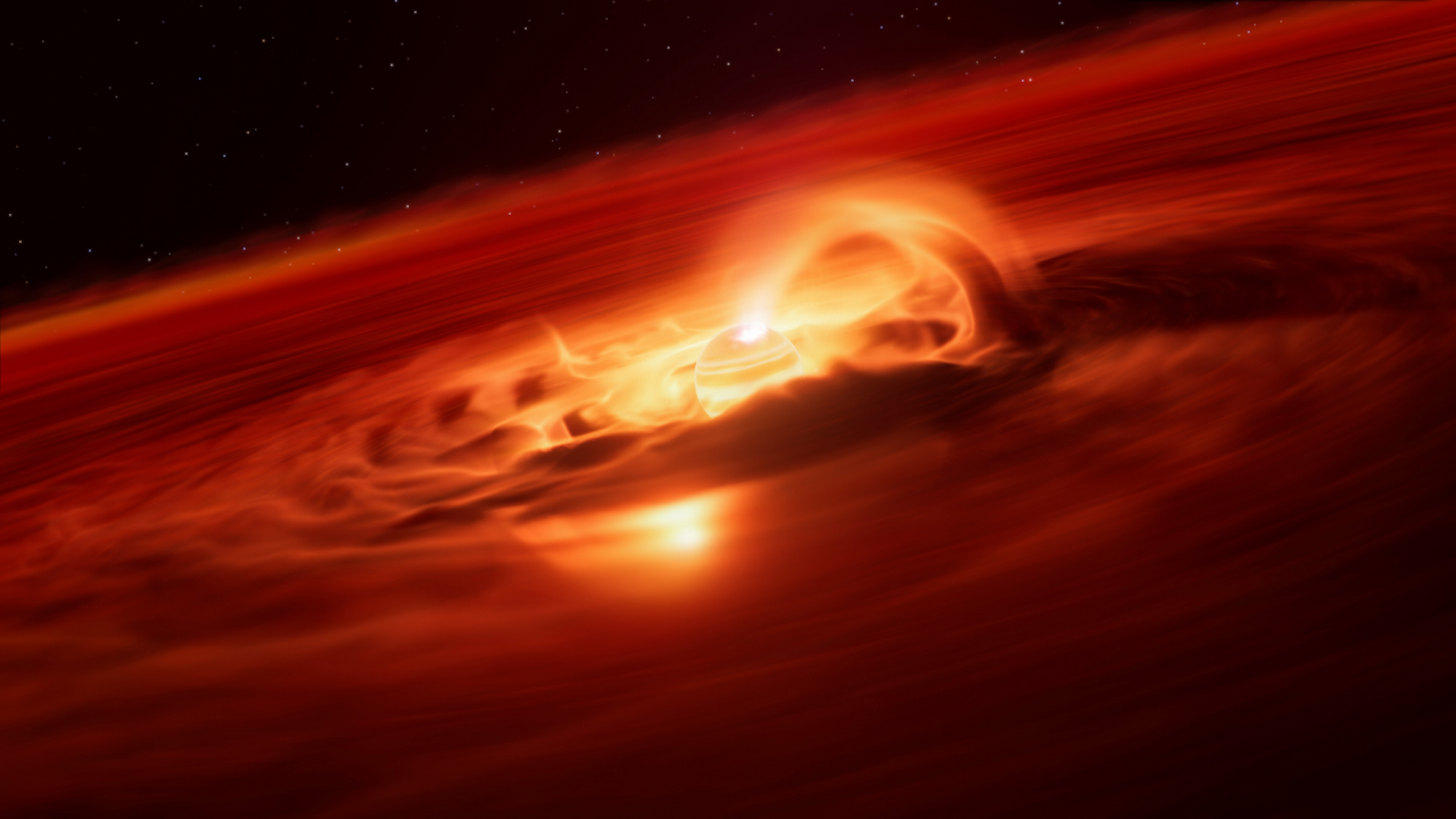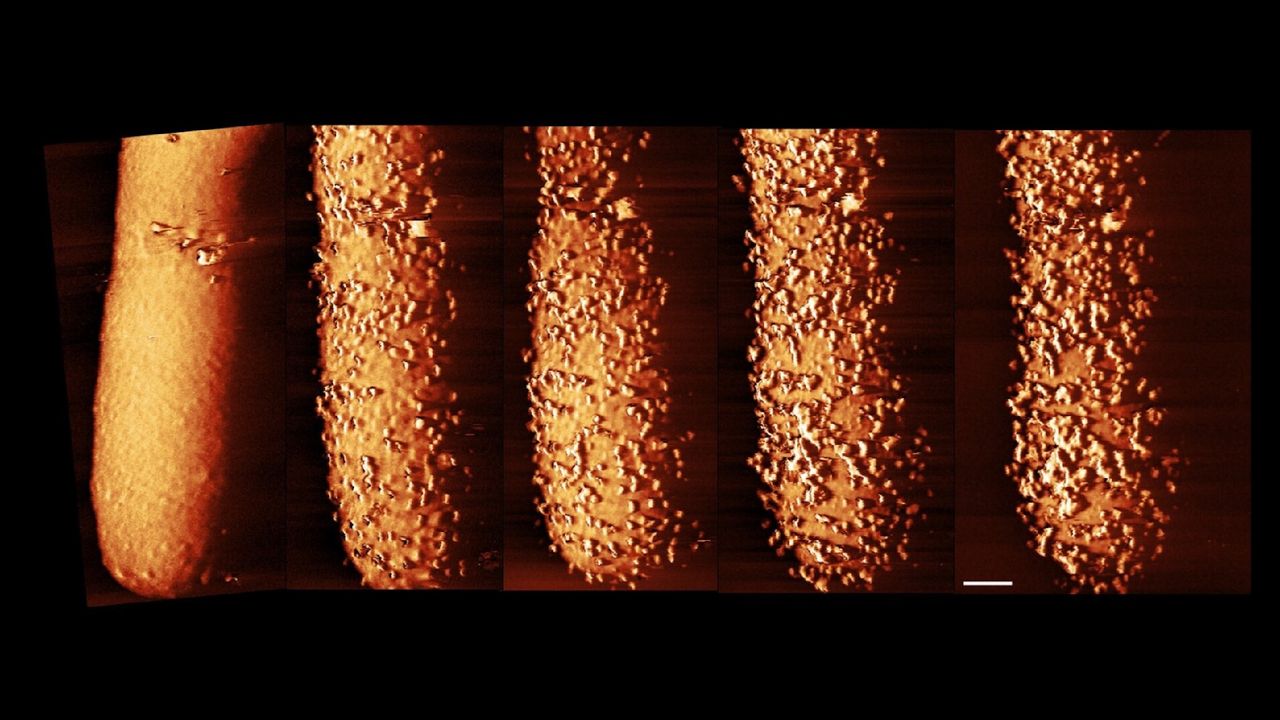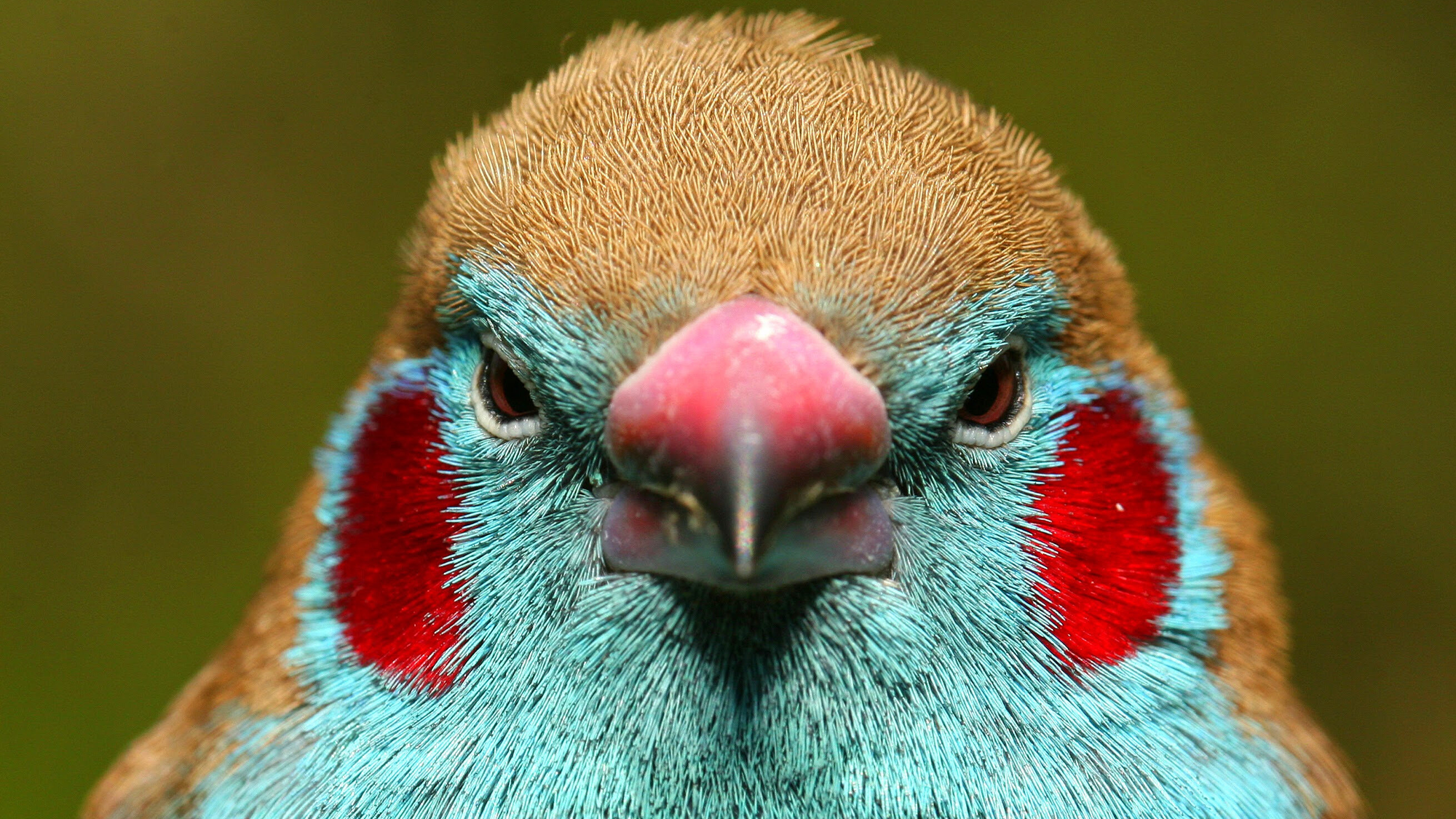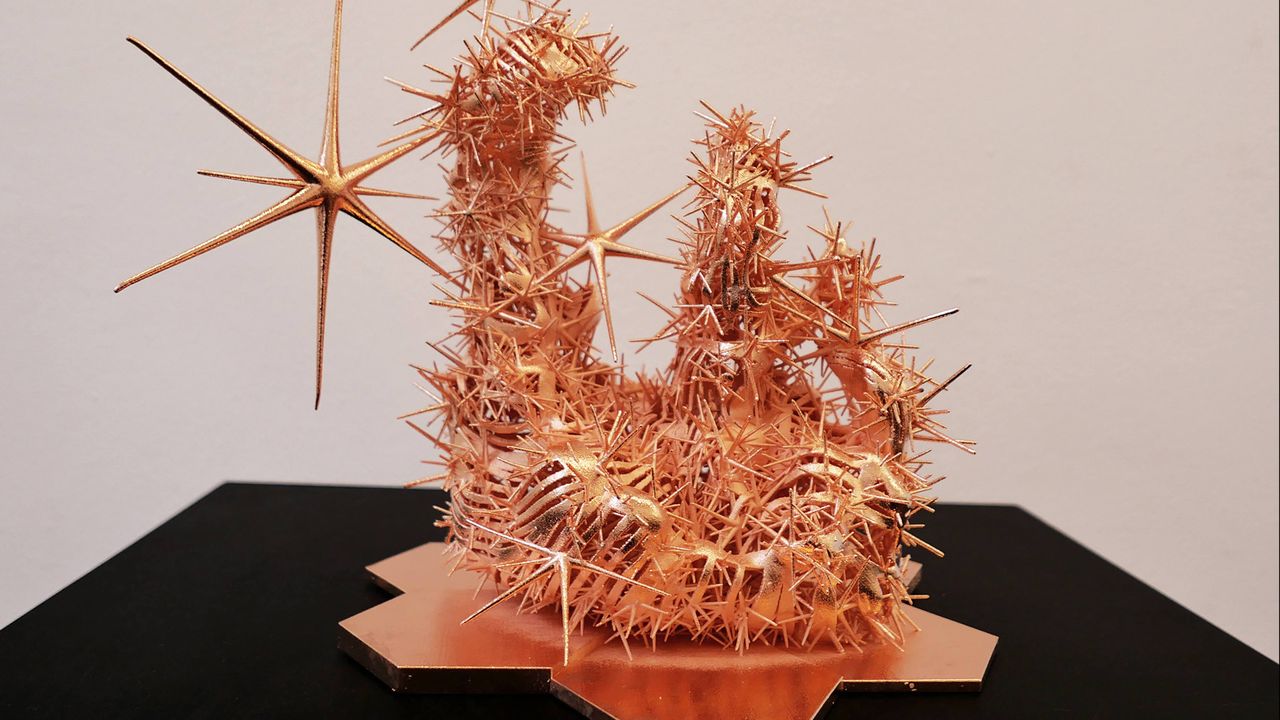The great butterfly heist: how a gentleman collector stole thousands of butterflies from Australian museums
NegativeScience

The story of Colin Wyatt, an English adventurer and naturalist, reveals a troubling chapter in the world of entomology as he orchestrated the theft of thousands of butterflies from Australian museums. This incident not only highlights the vulnerability of scientific collections but also raises questions about the ethics of collecting and the impact of such thefts on biodiversity and conservation efforts. As scientists continue to unravel the details of Wyatt's escapades, it serves as a reminder of the importance of protecting our natural heritage.
— Curated by the World Pulse Now AI Editorial System





